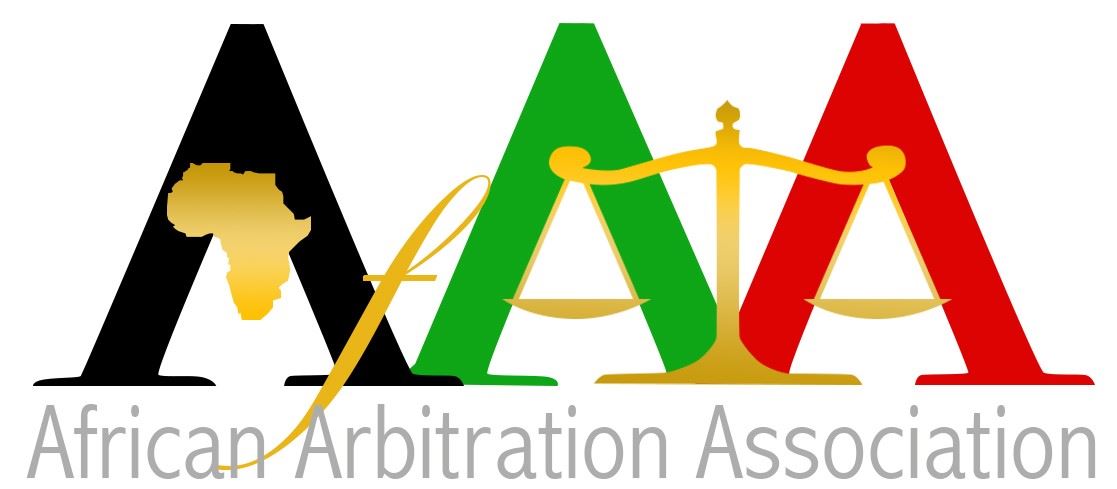arbitration / adr news
Nigeria's largest financial liability battle over failed gas deal 16 March 2022 By Peter Burdin As Nigeria battles to overcome a Covid pandemic that has stretched its health system to a breaking point it is facing another battle in a London court to salvage funds that would pay for its health service budget seven times over. At stake is a long-running dispute with a British Virgin Islands-based company over an arbitration award worth $10 billion. The company, Process & Industrial Developments (P&ID), was awarded $6.6 billion by a closed London arbitration after a 2010 deal for it to carry out a gas processing project in Nigeria collapsed. The award is now worth $10 billion, a figure which is equivalent to roughly one-fifth of Nigeria’s foreign reserves. Now the Nigerian government wants to have the award overturned and has won the right to appeal it in a High Court trial in London next January. Nigeria’s case rests on its contention that the gas deal was an elaborate scam designed to defraud the country. Sir Ross Cranston, the presiding judge at the Business and Property Court who granted Nigeria the right to take its case to the High Court, agreed stating that the country had, ‘established a strong prima facie case that the agreement was procured by bribes paid to insiders as part of a larger scheme to defraud Nigeria'. For its part P&ID, the company at the heart of this dispute, has denied the allegation, claiming that it entered into an agreement with Nigeria to build a gas processing plant in Cross River State but the dealing collapsed because the Nigerian government didn’t fulfill its side of the agreement. The project promised to turn the gas, which is usually just flared and wasted as part of the oil production process, into much needed electricity for Nigeria. Gas which would otherwise just be lost to the atmosphere would now be rerouted to provide millions of Nigerians with power. This is despite the fact that P&ID had no track record in the oil and gas industry, and no credentials to indicate that it would be capable of carrying out an arrangement of this complexity. Unfortunately, this ambitious project never happened and is now subject to one of the world’s largest commercial legal battles. The stakes could not be higher. The $6.6 billion award against Nigeria has been accruing interest at over $1 million a day for the past nine years. It is now worth almost $10 billion, eight times Nigeria’s current Education budget and a catastrophic amount of money for a developing nation to pay to an opaque BVI company. Unless Nigeria can persuade the High Court that it’s been the victim of a sophisticated scam designed to defraud the country, all those billions will be lost to the country and its ambitions to lift millions out of poverty will be unfulfilled. According to Nigeria’s National Bureau of Statistics, some 83 million Nigerians live in poverty. That is a staggering 40% of the total population. That is why what happens in the High Court next year matters. But, it is not just about the money, it is also an opportunity for Nigeria to challenge negative perceptions that it is one of the world’s most corrupt countries. In advance of the trial, Nigeria’s Economic and Financial Crimes Commission has already been prosecuting individuals who have been accused of financial impropriety in the P&ID deal. They say the wheels of justice grind slowly. The case has already been in various legal tribunals for almost a decade, but as the High Court trial beckons next January, Nigeria – and its adversary, P&ID – are now finally facing their moment of reckoning. Source: The Jerusalem Post |
